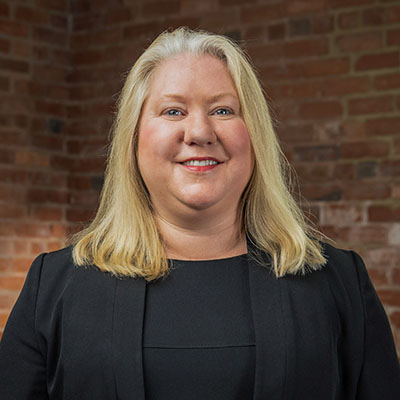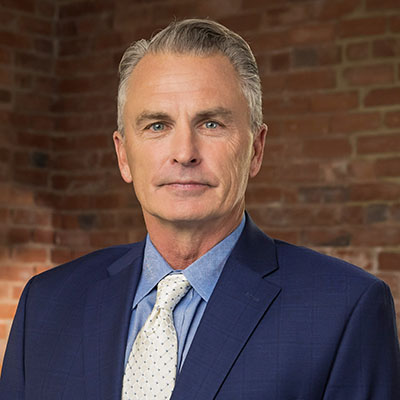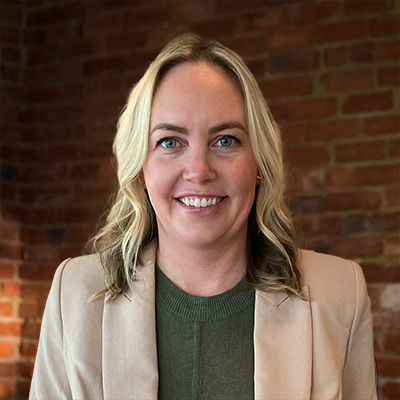Over half a million Virginians have been diagnosed with COVID-19, and nearly 10,000 people have died.
If you or a loved one has been diagnosed with COVID-19, you might be wondering if you can file a lawsuit against the person who exposed you to the virus. In the past, Virginia has allowed individuals with certain types of diseases to assert legal claims against the wrongdoers who gave them the disease or caused them to become sick. However, prevailing in a lawsuit arising from Coronavirus will be challenging, and will depend upon the particular facts and circumstances of each case.

In order to prevail in a personal injury lawsuit arising from the Coronavirus, the plaintiff will need to establish: (1) that the wrongdoer had a legal duty to the plaintiff (i.e., that the wrongdoer had a responsibility not to expose the plaintiff to the Coronavirus); (2) that the wrongdoer breached their legal duty; (3) that the wrongdoer’s actions caused the plaintiff to get sick; and (4) that the plaintiff suffered damages (i.e., illness, medical expenses, lost wages or death).
Legal Duty
In Virginia, every person has a duty to exercise due care to avoid injuring others.[1] The scope of the duty varies with the circumstances of each case, but as a general rule, everyone owes a duty to every person within reach of their conduct.[2] This duty “arises from that basic and necessary regulation of civilization which forbids any person because of his own convenience, to recklessly, heedlessly or carelessly injure another.“[3]
Before imposing liability against a defendant, the court will examine whether the defendant knew, or should have known, that his conduct placed others at risk of harm.[4]
Virginia courts have imposed liability against a farmer who allowed his cow to wander into traffic (which caused a crash)[5] and a manufacturer whose employees wore their work clothes home (which exposed their family members to asbestos fibers and caused them to develop asbestos-related diseases).[6] Similarly, any person who knows that they have the Coronavirus and exposes others to it could, in theory, be held liable.
Causation
Under Virginia law, plaintiffs are required to prove that the defendant caused their injury. In Coronavirus cases, if the plaintiff cannot prove by a preponderance of the evidence (that it is more likely than not) that the defendant was the source of the disease, the plaintiff will not prevail at trial.
Virginia courts allow plaintiffs to pursue claims against defendants who caused them to become sick or develop disease. For example, in Martin v. Ziherl, a plaintiff who contracted a sexually transmitted disease sued her partner because he knew that he was infected with herpes, knew that the virus was contagious, and engaged in unprotected sex with her without informing her about his condition.[7] In Alipio v. Fairridge OBGYN Assocs., P.C., a plaintiff who developed group A Streptococcus while she was giving birth sued the hospital because one of the hospital workers exposed her to, and was the source of, her infectious disease.[8]
In Delk v. Columbia/HCA Healthcare Corp., a patient sued a psychiatric hospital that failed to protect her during her hospitalization from being sexually assaulted by another patient who was HIV positive.[9] Likewise, in Colona v. Accomack County School Board, the court allowed a teacher who was attacked and bitten by one of her students to pursue a claim because several individuals on the school board knew that the child was infected with HIV and had a history of biting, but did not warn the teacher.[10]
Unlike the cases described above, where the source of the exposure was known and easily determined, proving causation in Coronavirus cases is challenging because an individual who is exposed to the virus might not develop symptoms for up to two weeks, and the Coronavirus can survive on surfaces for several days. Therefore, a plaintiff who did not practice social distancing or limit his or her exposure to others could find it difficult to establish that the defendant was the source of the virus.
Knowledge and Reasonable Steps
In litigation arising from the COVID-19, courts will consider whether the defendant knew or should have known that they had the virus, and whether they knew or should have known that they would (or could) spread it to others. Certainly, anyone who intentionally and deliberately spreads the virus to others could be held liable and might face criminal penalties, as well. In some cases, individuals who have been officially diagnosed with the virus could potentially be held liable if they do not take reasonable steps to prevent spreading it to others.
However, it is unlikely that a court would impose liability against any person who was not officially diagnosed with COVID-19. It is also unlikely that a court would impose liability against individuals who take reasonable steps to prevent spreading the virus to others.
Conclusion
Exposure to the COVID-19 virus can have serious, and potentially fatal, consequences. If you or a loved one develop Coronavirus disease and are considering whether to pursue a legal claim, call us or fill out our contact form. We are here to help.
[1] Quisenberry v. Huntington Ingalls, Inc., 296 Va. 233, 818 S.E.2d 805 (2018); RGR, LLC v. Settle, 288 Va. 260, 764 S.E.2d 8 (2014).
[2] Id., see also Dudley v. Offender Aid & Restoration of Richmond, Inc., 241 Va. 270, 401 S.E.2d 878 (1991).
[3] RGR, 288 Va. at 279-80, 764 S.E.2d at 19, quoting Louisville & Nashville R.R. Co. v. O’Neil, 119 Va. 611, 627, 89 S.E. 862, 866 (1916).
[4] See, e.g., Steele v. Ludington, 14 Va. Cir. 426 (Bedford Co. 1974) (in the absence of proof that a breeder knew or should have known that his herd was diseased prior to breeding an owner’s bull with the herd, the mere fact that the bull contracted a disease did not prove that the breeder was negligent).
[5] Rice v. Turner, 191 Va. 601, 62 S.E.2d 24 (1950).
[6] Quisenberry v. Huntington Ingalls, Inc., 296 Va. 233, 818 S.E.2d 805 (2018); RGR, LLC v. Settle, 288 Va. 260, 764 S.E.2d 8 (2014).
[7] Martin v. Ziherl, 269 Va. 35, 607 S.E.2d 367 (2005).
[8] Alipio v. Fairridge OBGYN Assocs., P.C., 93 Va. Cir. 244 (Fairfax Co. 2016).
[9] Delk v. Columbia/HCA Healthcare Corp., 259 Va. 125, 523 S.E.2d 826 (2000).
[10] Colona v. Accomack Cty. Sch. Bd., 52 Va. Cir. 421, 425-26 (Accomack Co. 2000).




